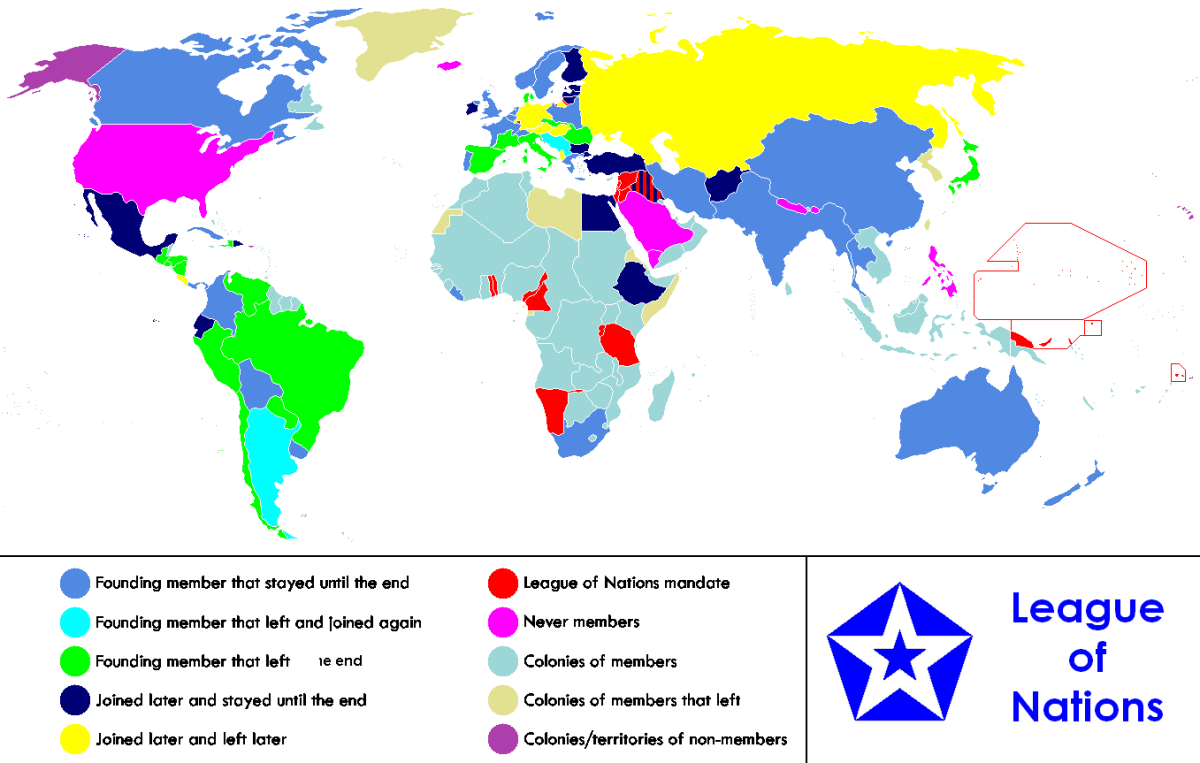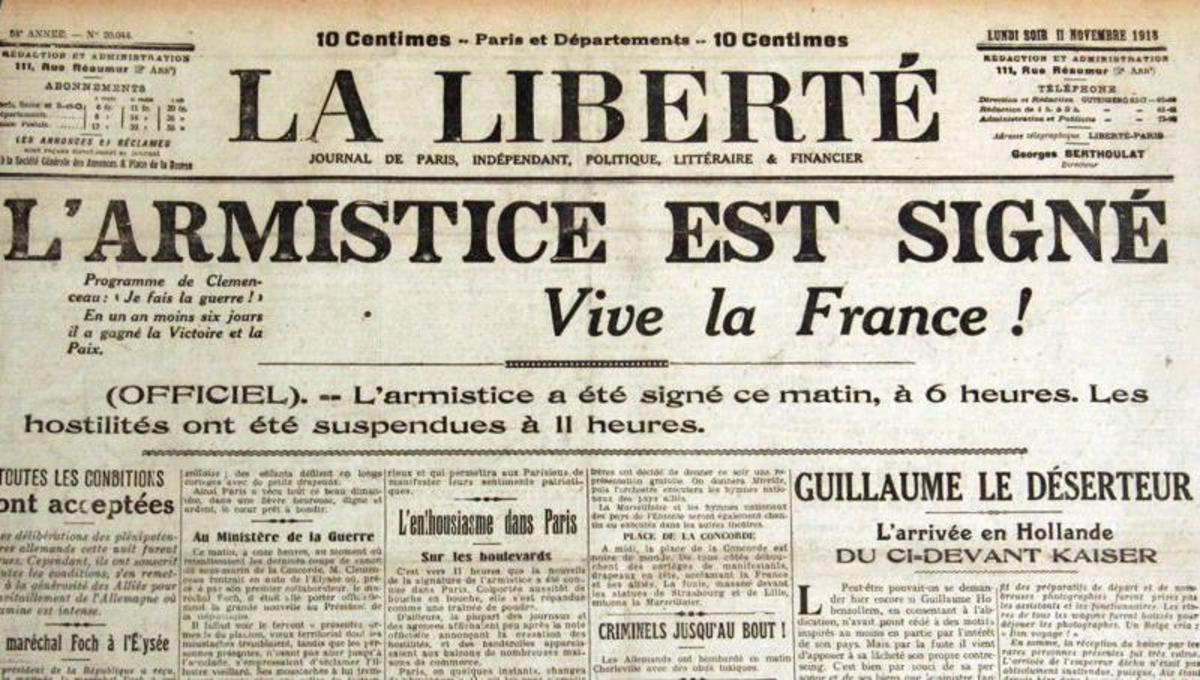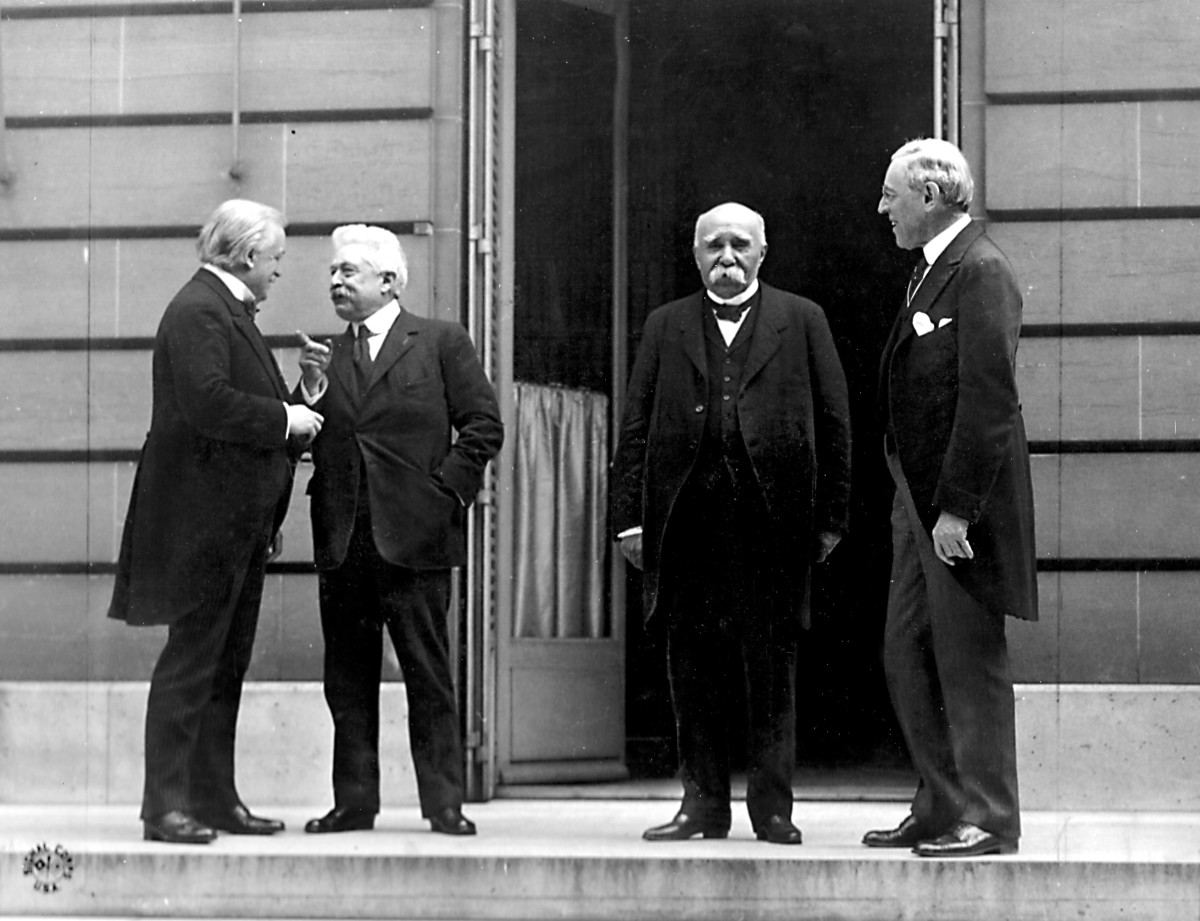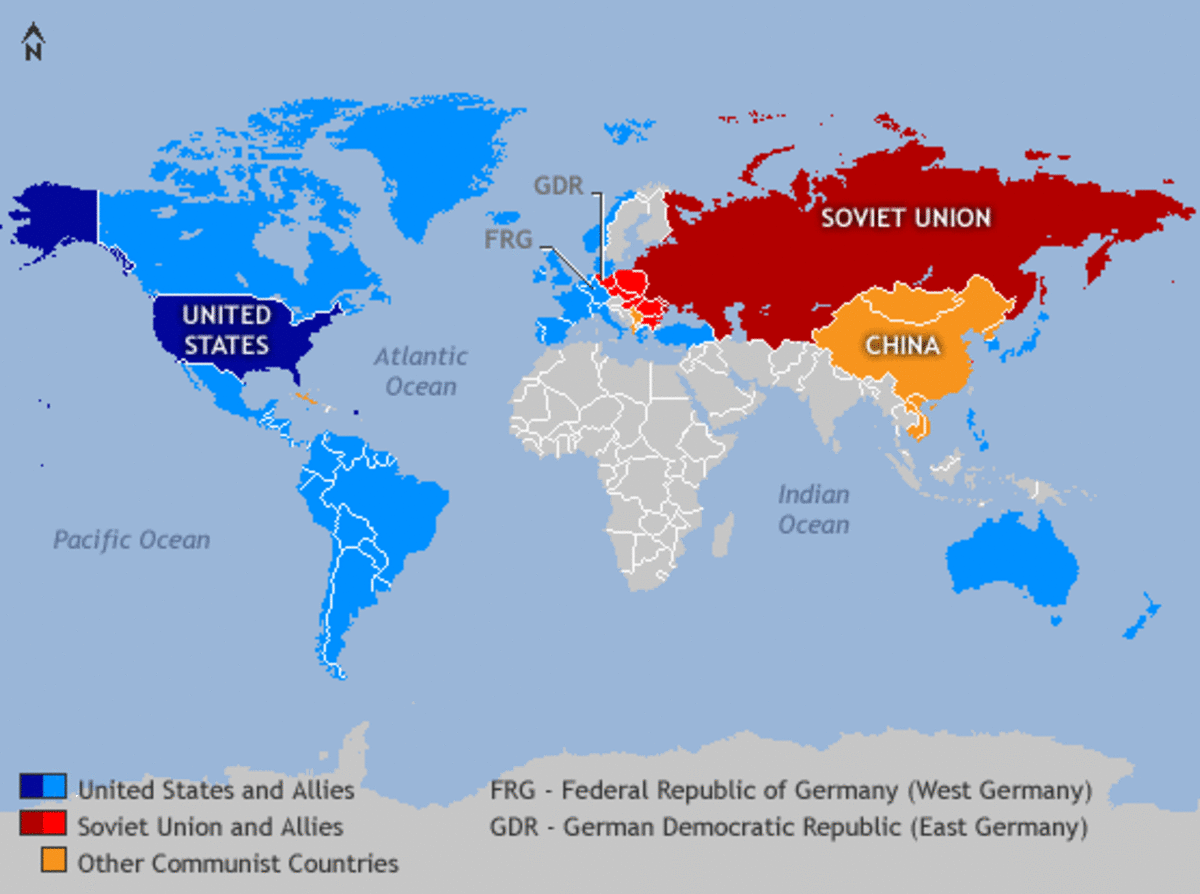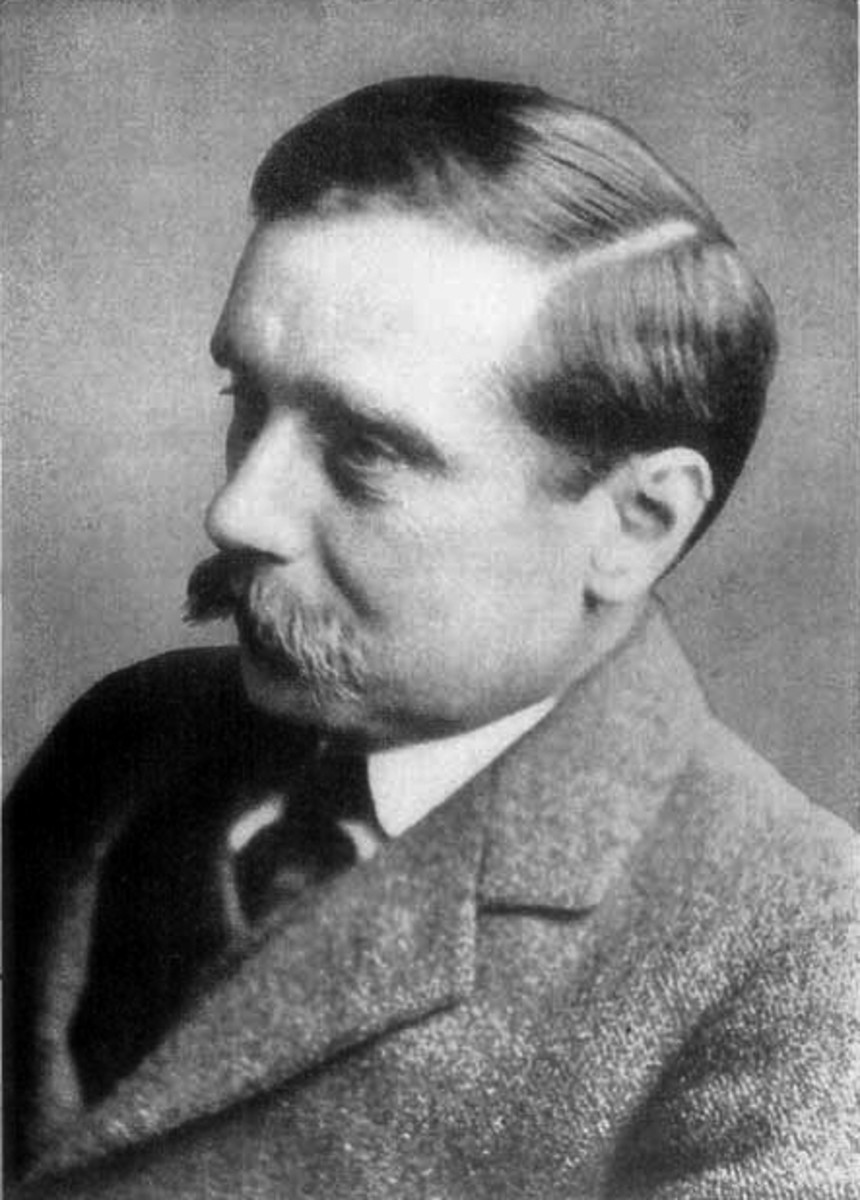International Relations - Liberal Idealism
Introduction
Liberal Idealism had been in the works from the early 1880's, however it only emerged in 1919 after the end of the First World War. It met with a competing theory of Realism which formed the basis for the first 'Great Debate' in international relations theory. Following the First World War, Liberal Idealist ideas were used to establish a League of Nations which would attempt to manage and prevent future conflicts between States. However, by 1939 this system had fallen apart as troubles in Europe dragged the world into the Second World War. This marked a victory for Realism over Liberal Idealism in the first great debate of I.R. and paved the way for descendant theories. Liberal Idealism is no longer considered one of the major theories of international relations. It has almost entirely been usurped by its descendant theories.
Liberal Idealism has also been called, or referred to as Liberal Internationalism, Wilsonianism (Named after the U.S. diplomat and President, Woodrow Wilson), and Wilsonian Idealism.
Liberal Idealism's View of History
Liberal idealism views history as the progressive advancement of human society. Heywood writes that it is best viewed as, "humanity moving from dark to light, by virtue of reason. Reason emancipates humankind from the grip of the past..."1 Thus Liberal Idealism believes that co-operation between States for the common goal of the advancement of humanity is the rational choice which would always be made.
1. Heywood, A. ‘Historical Context’, in Global Politics, Chapter 2, p.31
Significance
The significance that Liberal Idealism has played in international relations is confined mainly to the 1920s and 1930s. During these years it partook in the first great debate of intentional relations against Realism, shaped postwar politics, and led to the creation of rudimentary international governance in the form of the League of Nations.
However, it would be incorrect to say that it's significance ended in 1939 as it has had an enduring impact in other policy areas. For example, the modern day United Nations drew upon the successes and shortcomings of the League of Nations in its creation. In addition to this, many modern Liberal I.R. theories draw upon, and are influenced by, the original Liberal Idealist model.
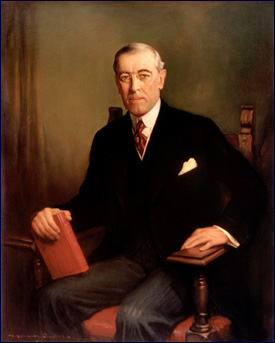
Characteristics
Liberal Idealism sought to maintain peace in the world. It believed that as humanity was rational, nations would work together to co-operate. To assist this Liberal Idealists sought to create international institutions of global governance, like the League of Nations. However, for a number of reasons, such as a lack of universal participation from the beginning, the League of Nations failed to last.
Key Theorists and Characters
- Sir Alfred Zimmern
Zimmern was a political scientist who helped design the League of Nations and UNESCO systems. He was a staunch beleiver in utopian and idealist thought. - Woodrow Wilson
Wilson was an American diplomat and the 28th President of the United States. He was a supporter of Liberal Idealism. - Lord David Davies
Davies was a chair of international politics at Aberystwyth; he also worked extensively on issues of international relations. A couple of examples of his work are his book 'The Problems of the 20th Century' and the New Commonwealth Society that he established.
Criticisms
E.H. Carr, academic mind of the Realist international theorists was extremely critical of Liberal Idealism. It was him who turned the word "idealism" into an insult, and who accused the Liberals of holding unrealistic Utopian beliefs.
Indeed, the failure of Liberal Idealism to either prevent or manage conflict in 1939 was its downfall. This is the point at which Liberal Idealism lost the first great debate.


